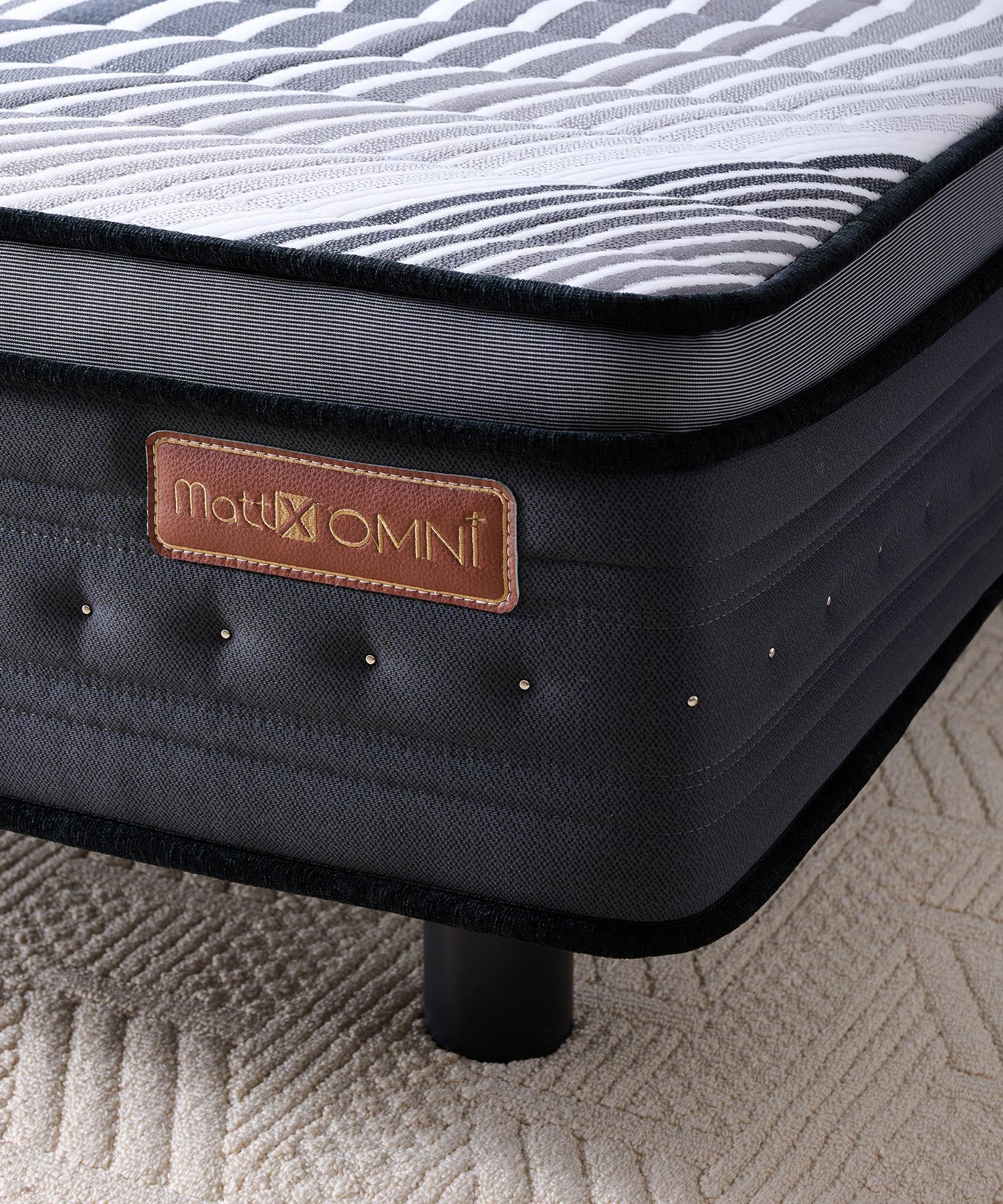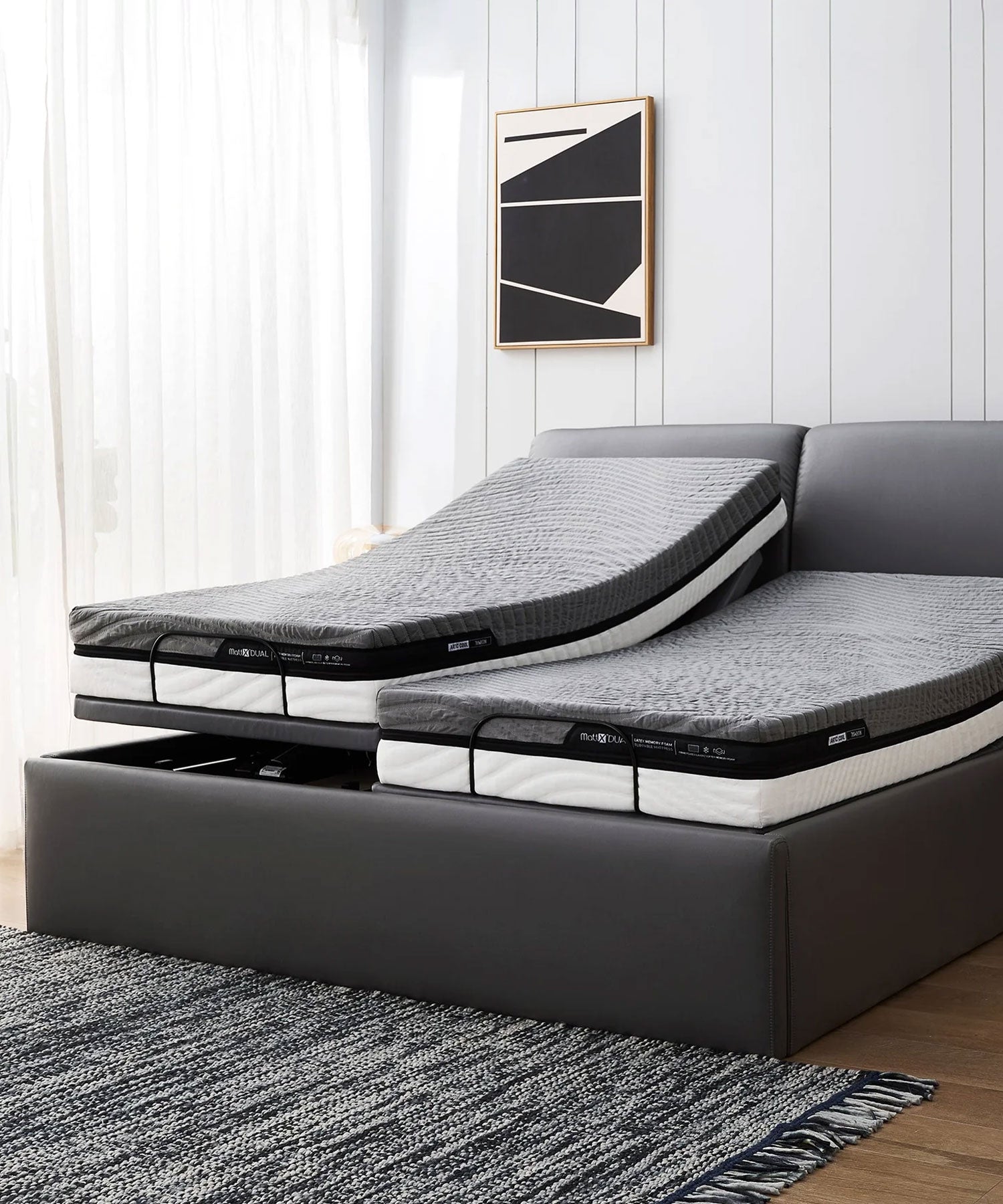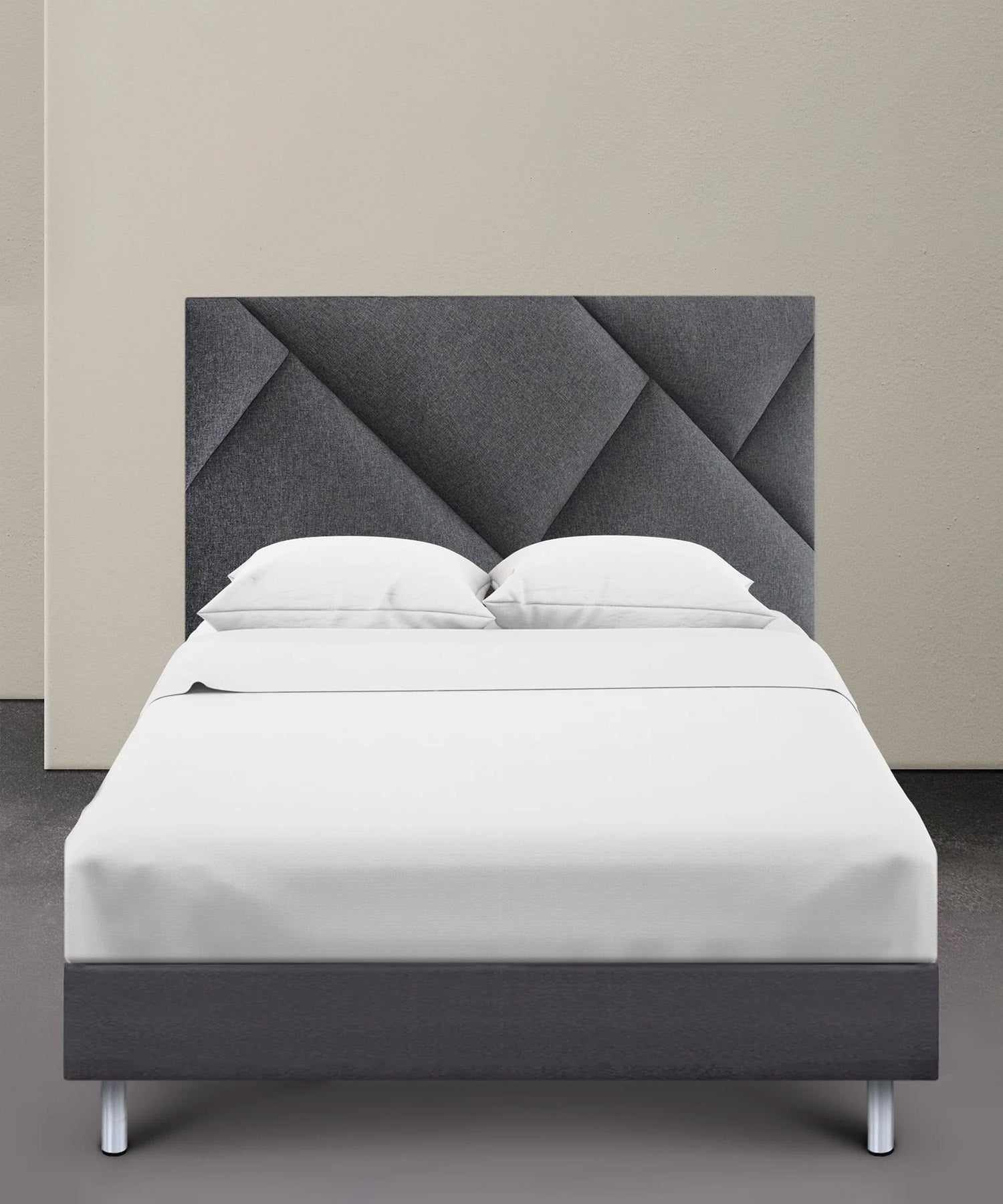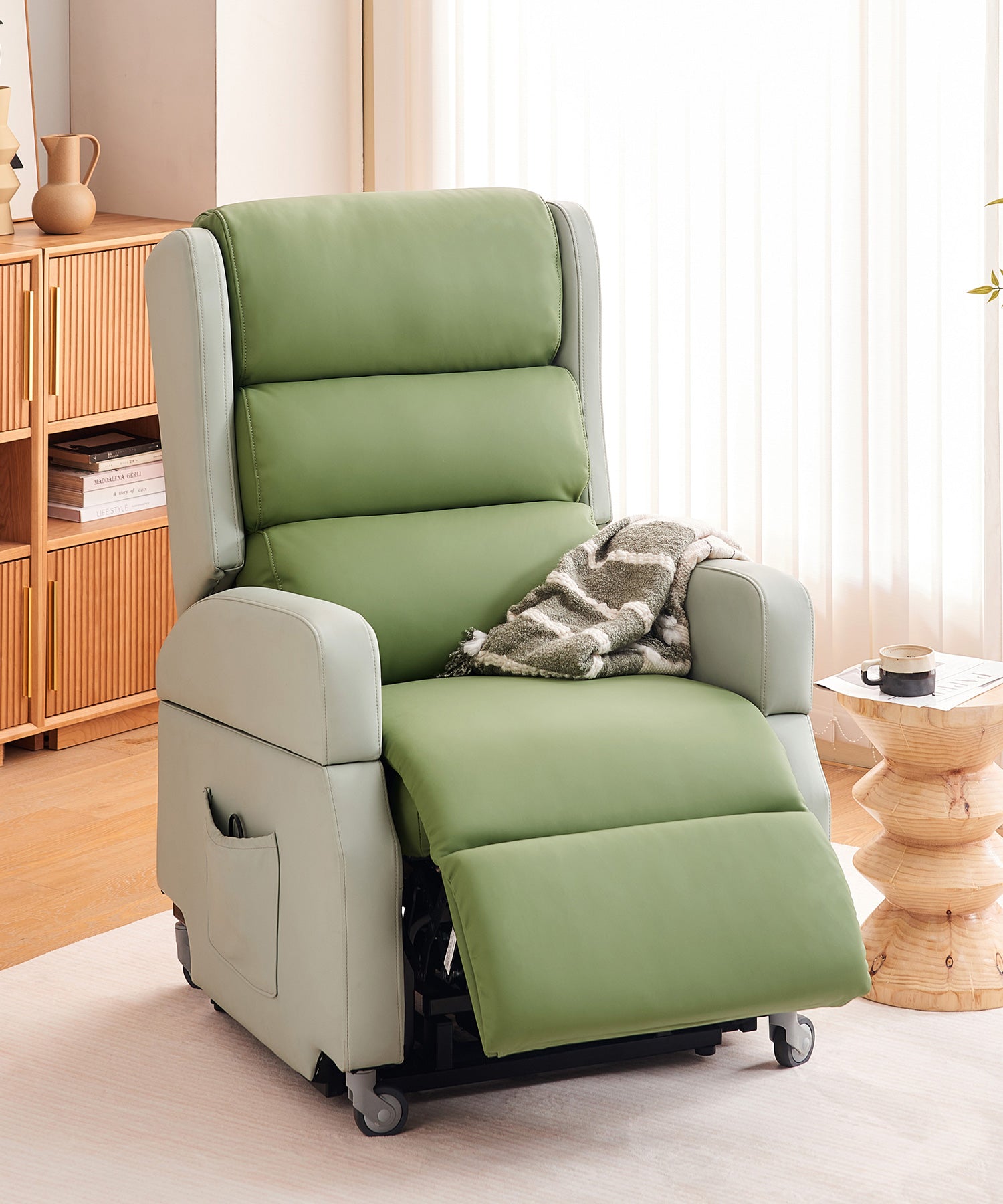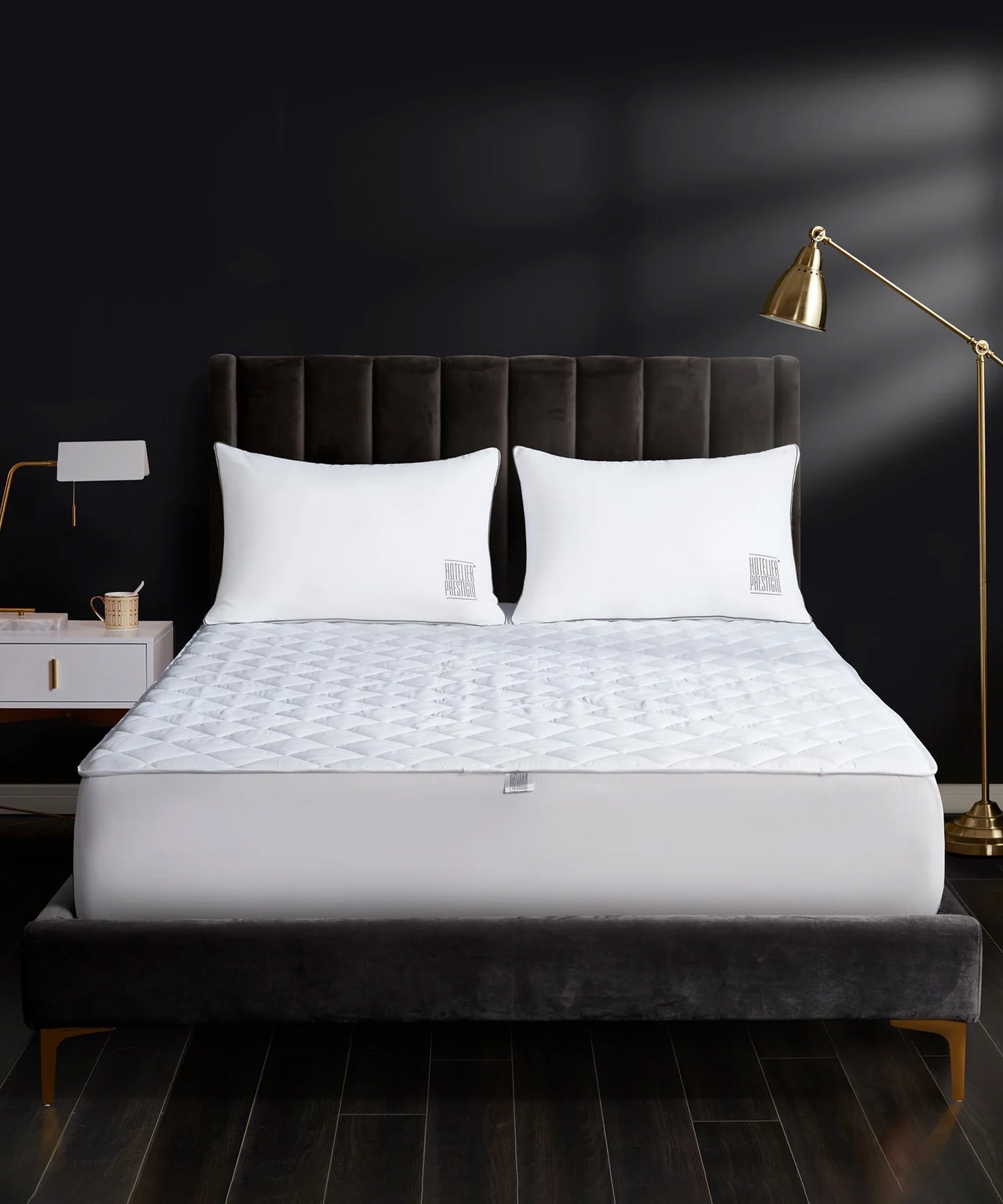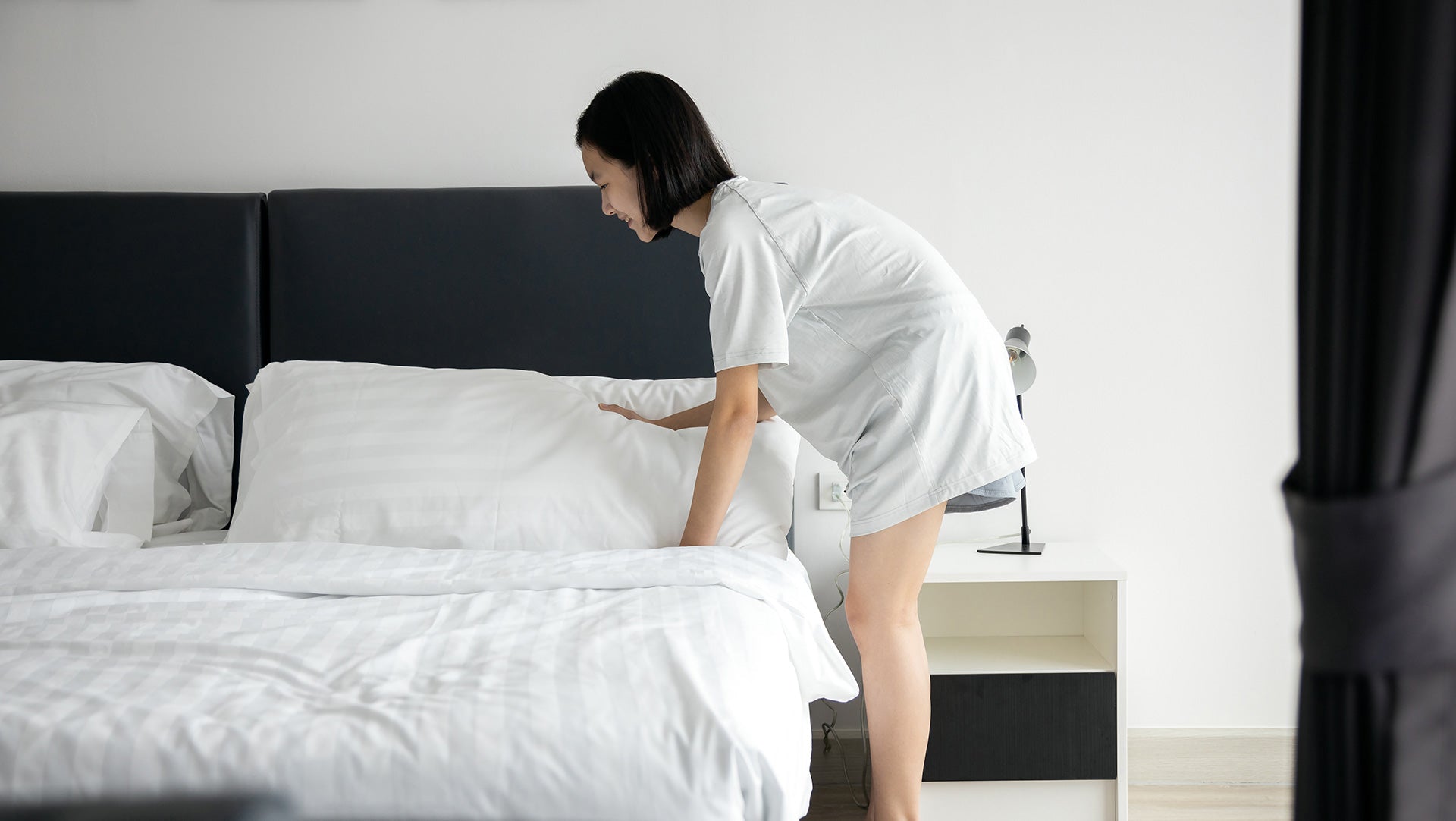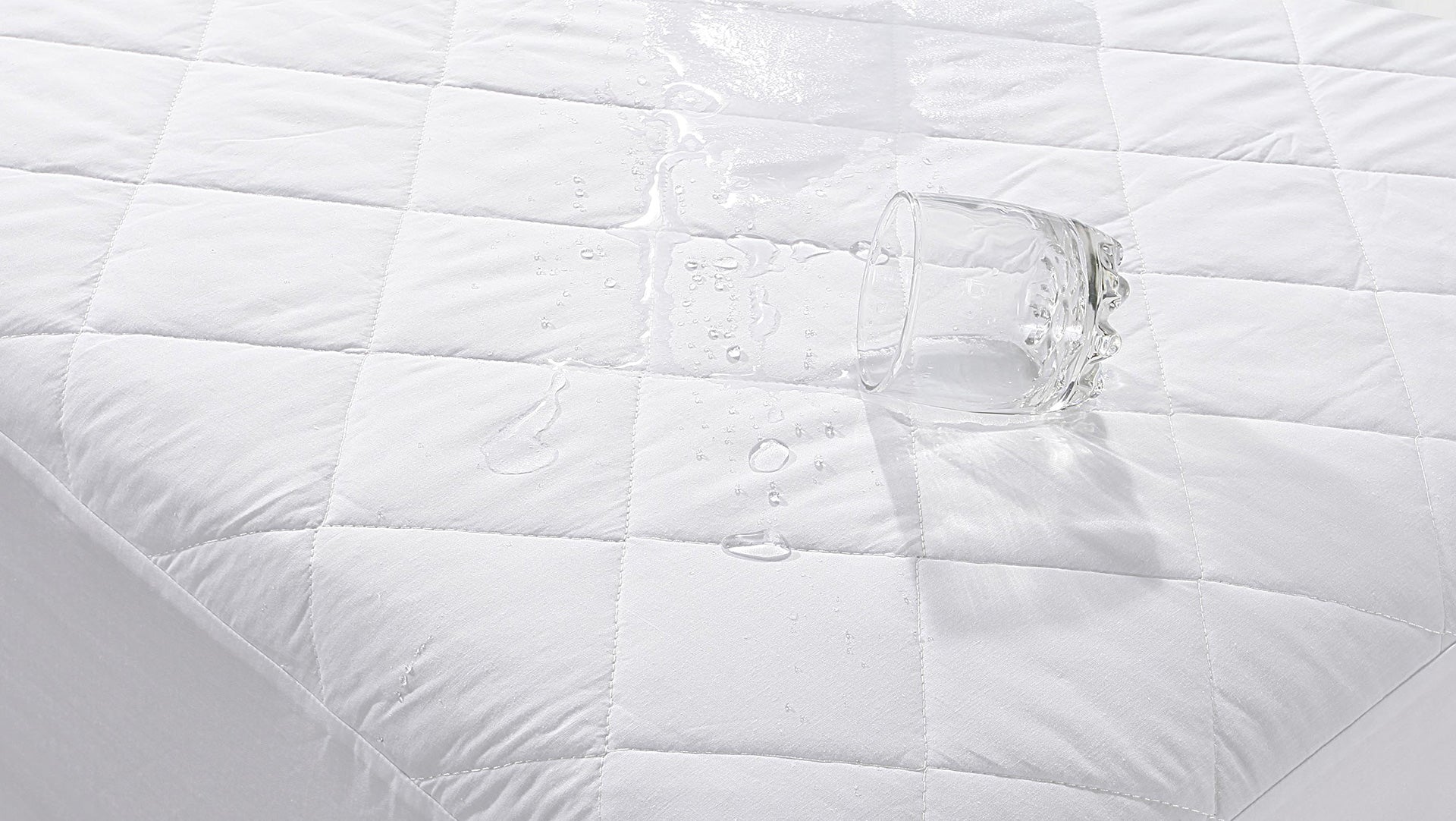
The Science of Sleep: Small Fixes That Improve Your Night
In our hyper-connected world, we’re often told to hustle harder and do more. But the true key to productivity, mental clarity, and overall well-being isn’t found in stretching your waking hours—it’s found in optimising your sleep.
The good news is that you don’t need a complex life overhaul to do it. The science of sleep shows that small, consistent adjustments to your environment and routines can have a profound impact. If you want to improve your night, start with these simple, science-backed fixes.
1. Master Your Sleep Environment
Your bedroom should be a sanctuary for rest. This begins with getting the physical elements right to signal to your brain that it’s time to sleep.
-
Your Foundation: Your bed is your most important tool for sleep. A mattress that doesn’t provide proper spinal alignment or creates pressure points will actively work against you. If you’re tossing and turning, it might be time to re-evaluate your setup. Our guide to choosing a mattress can help you determine if your bed is the problem.
-
The Right Support: Complement your mattress with the right accessories. A high-quality bed frame prevents sagging and ensures stability, while the right pillow is crucial for neck alignment and comfort.
-
Embrace the Dark: Light is the primary signal that tells your brain to be awake. Exposure to light in the evening, especially blue light from phones and screens, suppresses the production of melatonin, the hormone that makes you feel sleepy. Make your room as dark as possible with blackout curtains or an eye mask.
-
Stay Cool: Your body's core temperature naturally dips to initiate sleep. You can support this process by keeping your bedroom cool, generally between 18-22°C.
2. Create a "Digital Sunset"
The single most effective habit for better sleep hygiene is to create a buffer zone between your screen time and your sleep time. Aim to put all devices away at least 60 minutes before you get into bed. This reduces your exposure to stimulating content and sleep-disrupting blue light.
3. Wind Down, Don't Amp Up
Use that screen-free hour to create a relaxing pre-sleep ritual. This conditions your mind and body to recognise that sleep is approaching. Instead of checking emails or scrolling social media, try:
-
Reading a physical book
-
Gentle stretching or yoga
-
Listening to calm music or a podcast
-
Journaling or writing a to-do list for the next day to clear your mind
4. Align with Your Body Clock
Your body runs on an internal 24-hour clock called the circadian rhythm. Working with it, instead of against it, is fundamental to good sleep. The most powerful way to do this is through consistency.
Try to wake up and go to bed at roughly the same time every day—even on weekends. This stabilises your rhythm, making it easier to fall asleep and wake up naturally.
5. Get Smart with Your Comfort
Sometimes, your mattress is fundamentally supportive, but your comfort needs have changed. Maybe it feels too firm, or you're experiencing new pressure points. Before committing to a brand-new mattress, consider a targeted solution. A mattress topper can be a fantastic way to add a layer of plushness or pressure-relieving comfort, fine-tuning your bed to meet your exact needs.
Better Nights, Brighter Days
Improving your sleep is an investment in yourself. It’s not about perfection, but about making small, sustainable changes that add up over time. By creating a restful environment and adopting mindful pre-sleep habits, you set the stage for the restorative rest you need to thrive.
Ready to build your ultimate sleep sanctuary? Explore the Sleep Collection at Affairs.sg and find the foundation for a better night.

